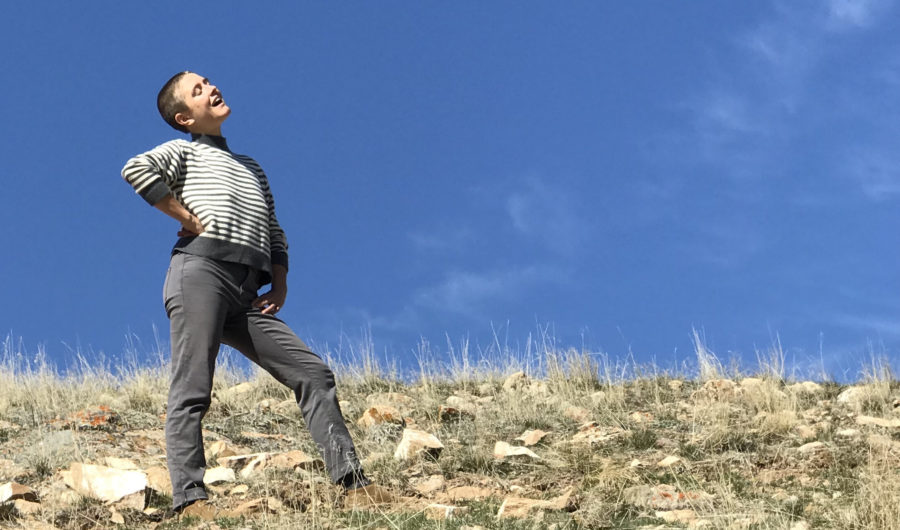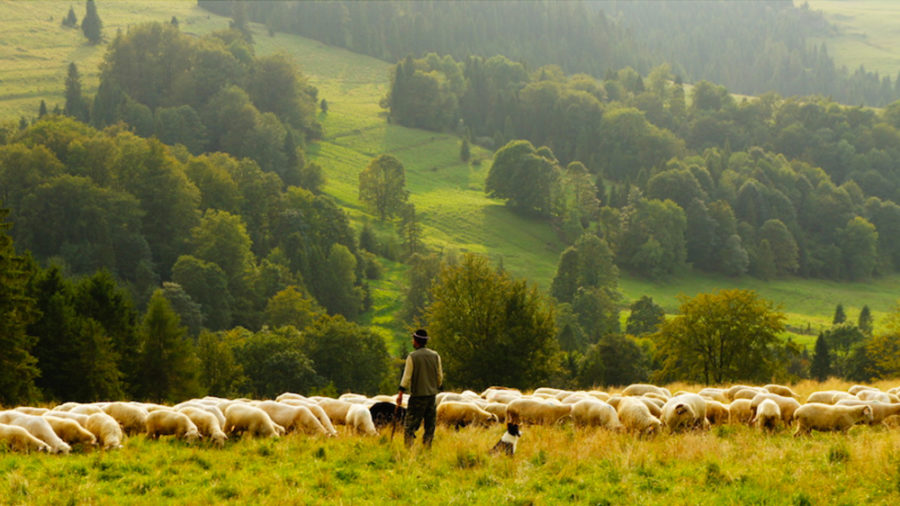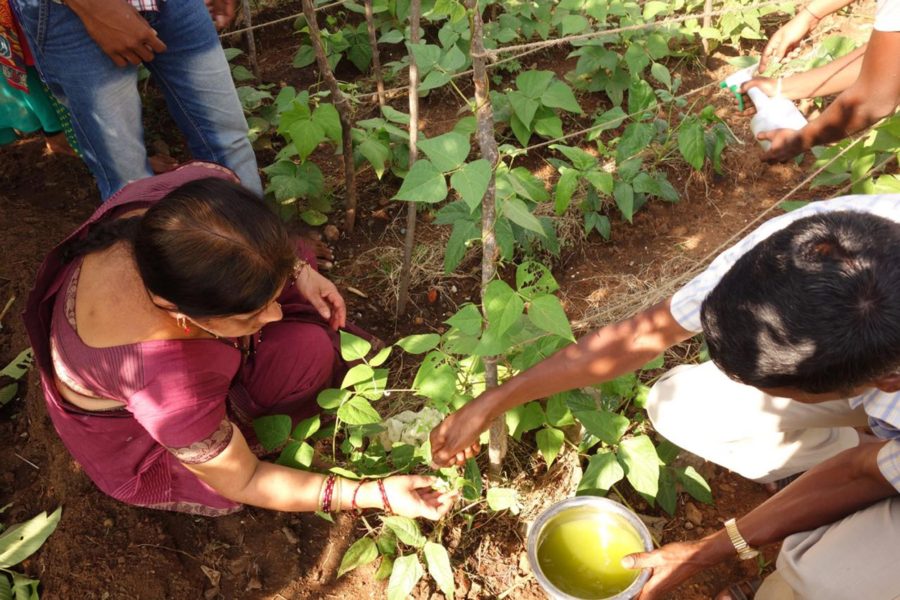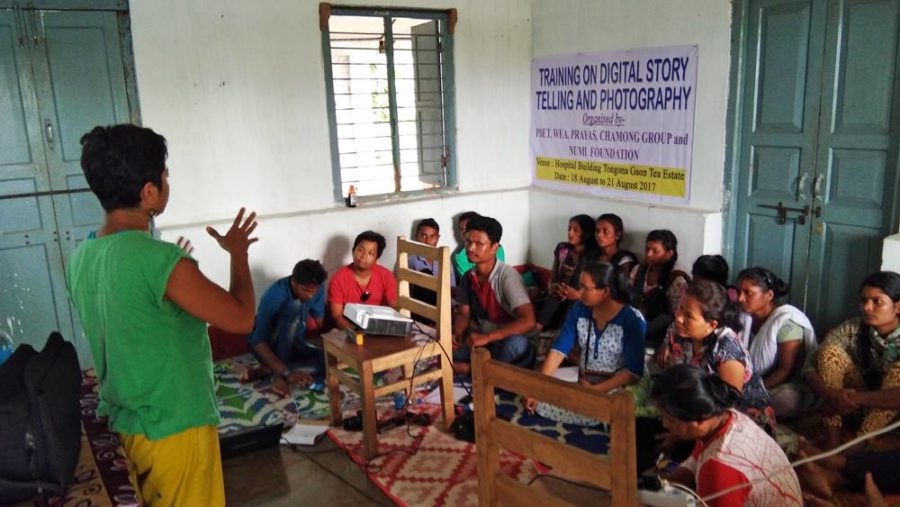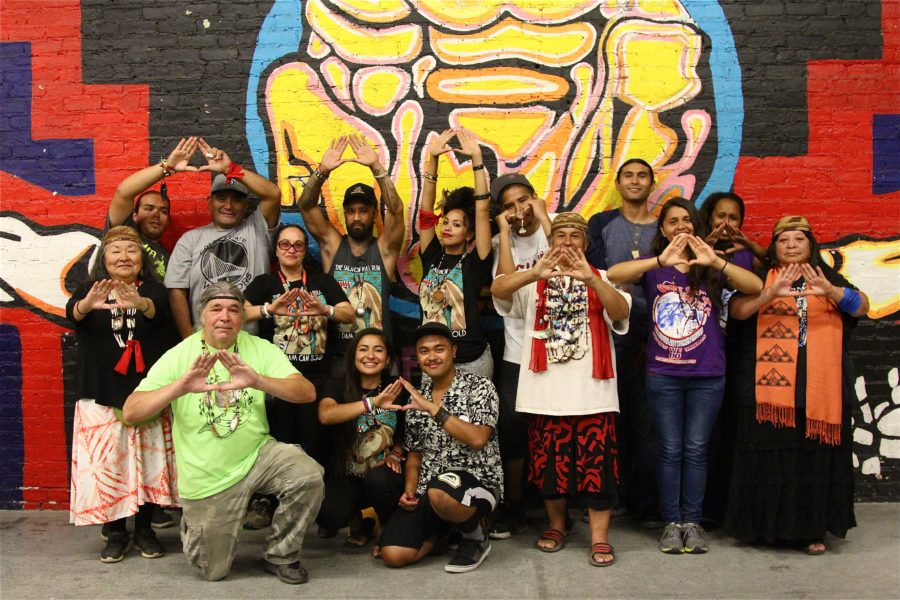Posts by Kahea Pacheco
Meet the interns: Hey, Sally!
A highlight of the work we do here at WEA is that we are fortunate enough to do so alongside the women who will continue to lead our communities and movements for years to come. That’s why our internship program is so important to us — because it gives us a chance to meet women like…
Read More[In the News] Pulling the Planet Back from the Brink, One Farm at a Time
Here at WEA, we have spent the last 7 years committed to small scale, regenerative farming practices that restore rather than deplete our lands. Currently, industrial scale agriculture is consuming Earth’s resources in a grossly unsustainable manner and is a primary driver for the destabilization of the worlds ecological balance. A revolution of ecological agriculturalists…
Read More[In the News] Farmer suicides: A call to climate action for India
In a recent article by Suresh Babu of the International Food Policy Research Institute, Babu points out that “As both a contributor to climate change and a victim of its impacts, agriculture needs to become climate resilient. This direct connection between climate change and agriculture is perhaps nowhere more apparent than in India, where recent…
Read MoreTogether for H2OPE Project launches storytelling workshop
Here at WEA, a core component of each of our projects aims to encourage our partners to create and collect compelling emotional stories that help to link the women-driven, environmental work they do with our collective global community. These stories — told and shared by the women who experience them — ultimately strive to educate…
Read MoreRunning the Salmon Home: Celebrating the Women Leading the Way
This blog is part of a series on the Winnemem Wintu’s Run4Salmon, a two-week long prayerful event and call to action for public awareness about the need to restore the endangered winter-run Chinook salmon to the McCloud River in Northern California. To learn more about the Run4Salmon, read our first post in this series here…
Read More
